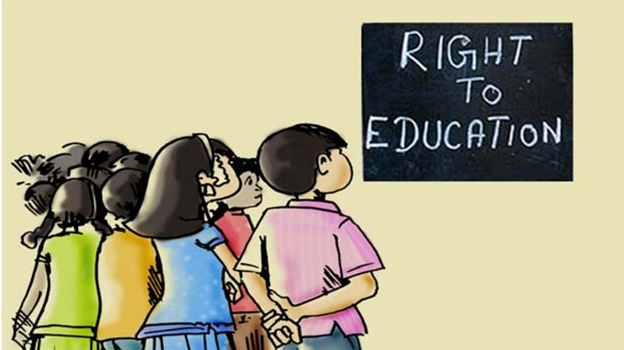
The right to free education-Decided Case
Writ Number 064-WS-0006
Year 2064
Petitioner and Respondent: Advocate Prakash Mani Sharma and others on behalf of Pro Public v. Office of the Prime Minister and Council of Ministers, Singha Durbar, Kathmandu and Others
The court held that:
If a provision clearly made in the constitution to be governed by law is interpreted as an absolute right, it would have the effect of amending the constitution. Such an interpretation is not permitted by the principle of legal interpretation, and the judiciary should not extend its authority to that extent. Since the primary source of the judiciary’s power is the constitution itself, the judiciary does not have the authority to distort the structure, spirit, and adopted characteristics of the constitution.
The right to free education should not be considered an absolute right but rather a right to be regulated by law.
While reviewing the constitutionality of any act, the court must consider the act's overall provisions. During such review, if a legal provision is found to be contrary to the constitution and is declared void or invalid under Article 107(1) of the Constitution, the court must also consider the potential impact or legal vacuum that such a decision might create. If the government has proceeded with a work plan, issuing orders beyond the scope of that plan would affect the entire plan and may obstruct ongoing activities being carried out in accordance with the plan.
Since the matter of law-making falls within the jurisdiction of the legislature, judicial intervention in such matters is not considered appropriate.


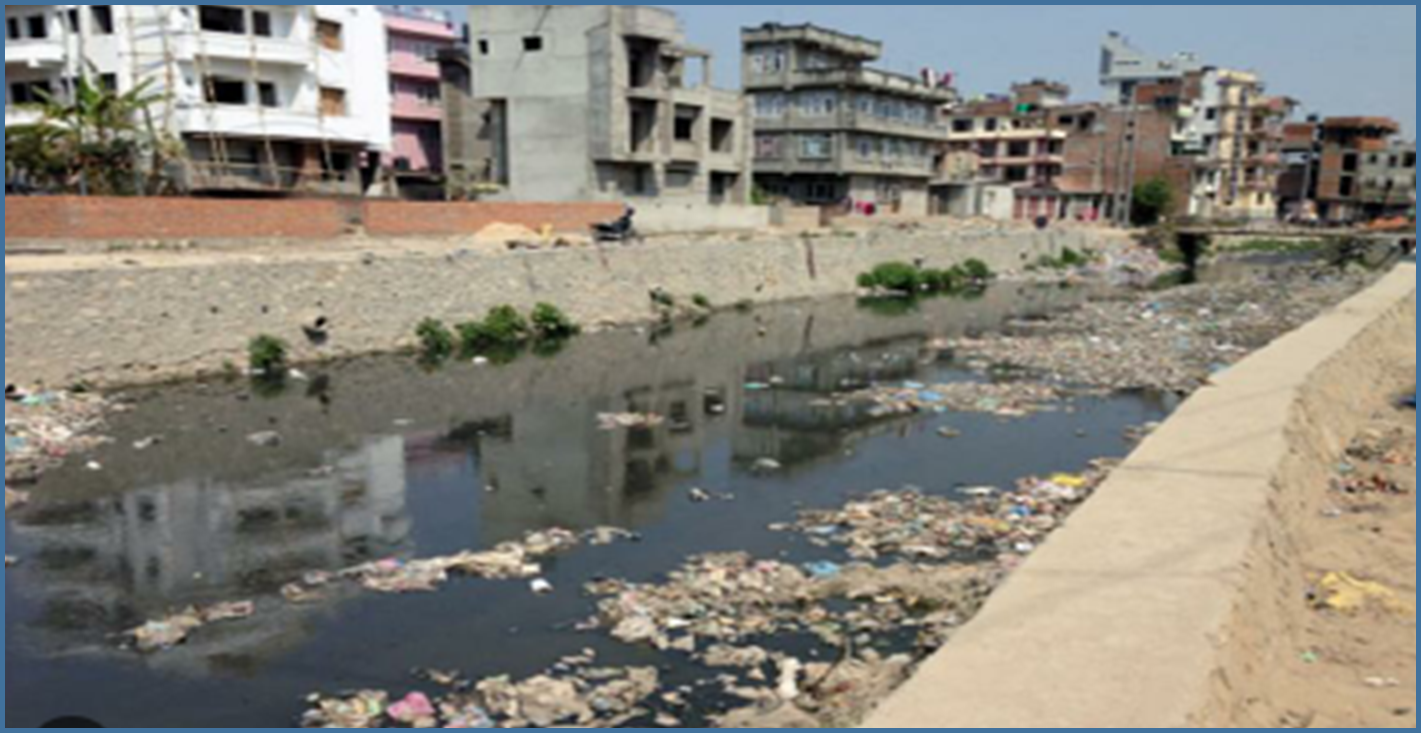
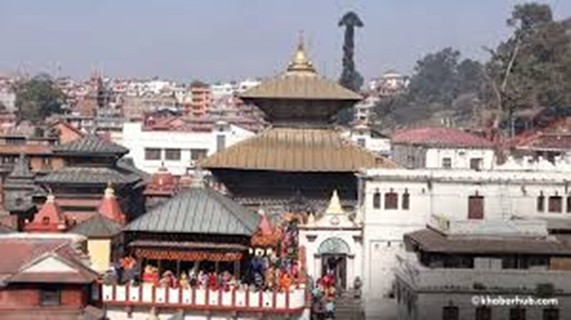

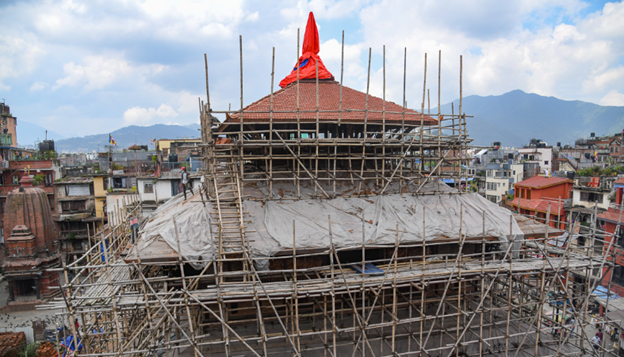
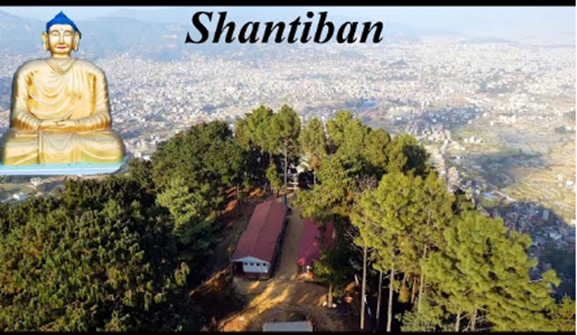
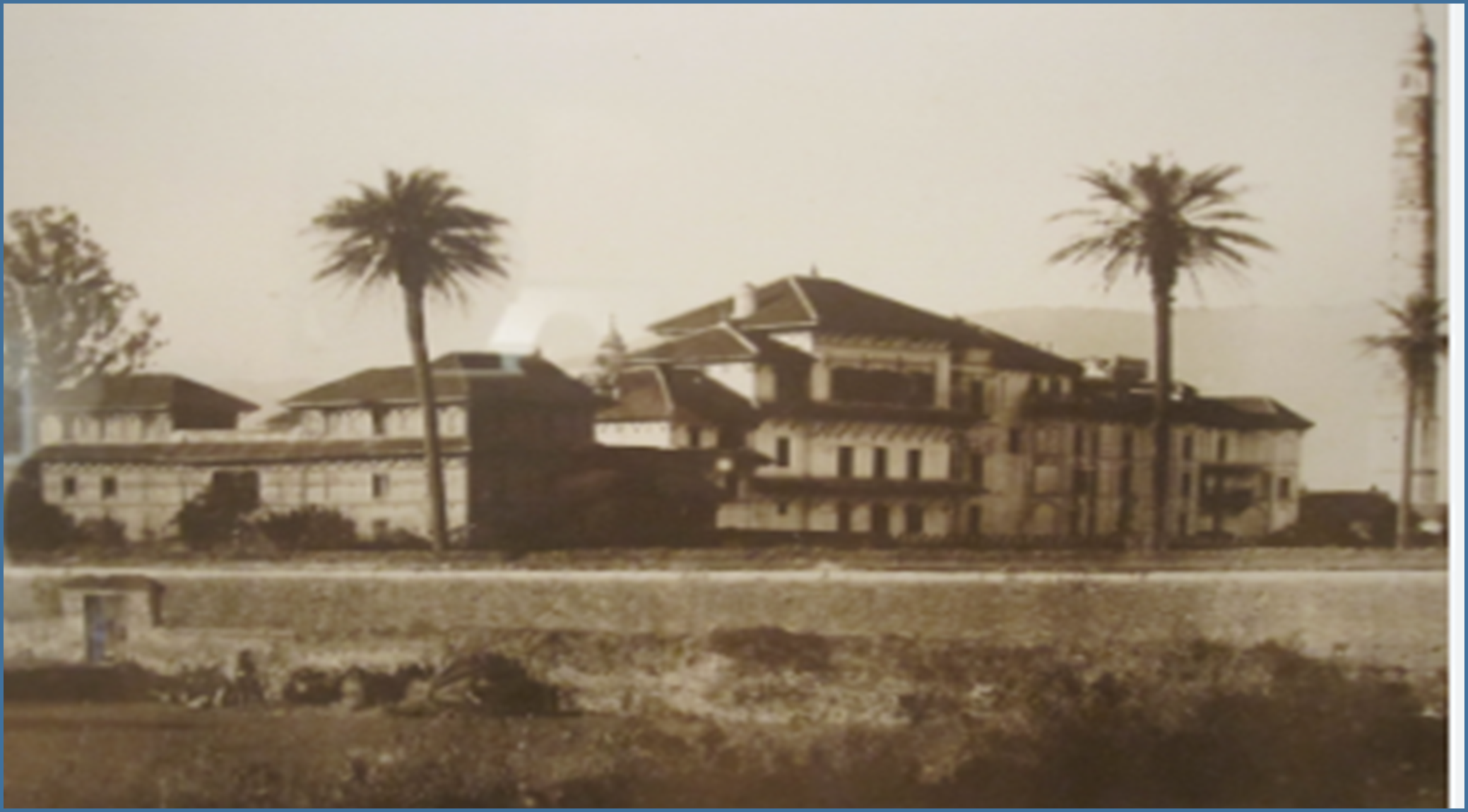
.png)



.png)